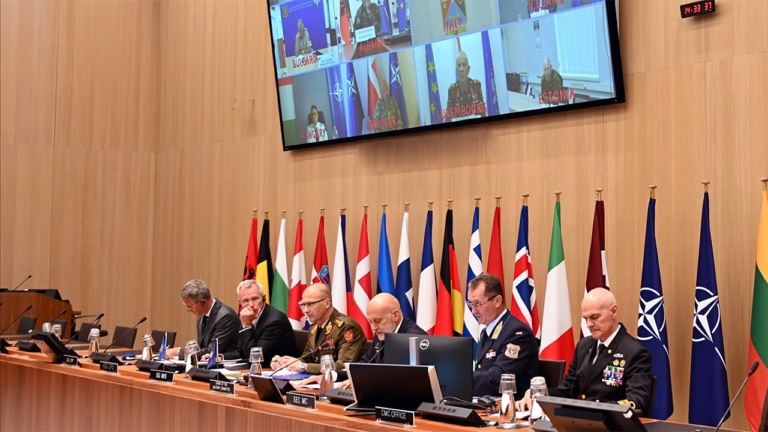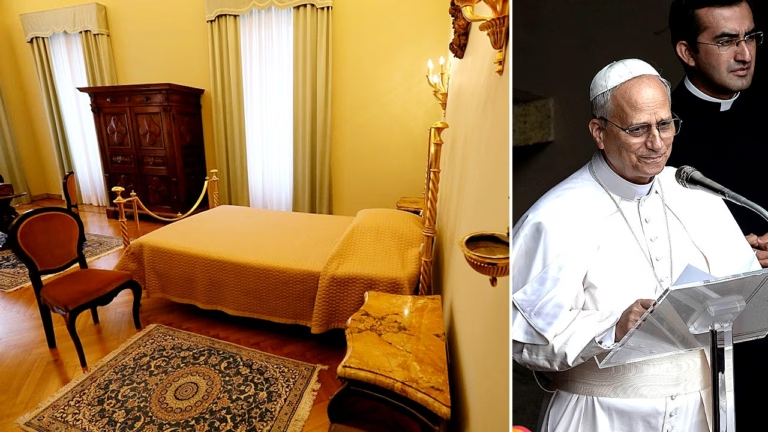Greenland is set to hold a pivotal parliamentary election on Tuesday, with the outcome likely to carry significant geopolitical implications. The vote is not necessarily about seismic shifts within the nation itself, but rather the message it sends on the international stage, particularly regarding Greenland’s geopolitical relationship with other countries. While independence from Denmark is not directly on the ballot, the composition of the new parliament will indicate how the country may progress in its potential separation from Copenhagen, as well as its approach to the threats perceived from President Donald Trump.
Historically, Greenland’s parliamentary elections have received limited coverage due to the country’s relatively small population of less than 60,000 and its remoteness. However, this year’s election has captured more attention due to its potential impact on international relations, especially concerning Greenland’s stance on U.S. President Donald Trump’s expressed interest in the region.
The majority of Greenlanders support independence from Denmark, yet they are uniformly opposed to Trump’s ambitions for Greenland. Despite this, the leading opposition party, Naleraq, which currently holds a minority of seats in Greenland’s parliament, is exploring ways to achieve independence that might align with Trump’s interests without directly supporting U.S. acquisition. Qupanuk Olsen, a 39-year-old candidate for the Naleraq party with a significant social media presence, supports Greenland’s independence and expanding international partnerships, although she avoids taking a direct stance on Trump’s ambitions for the region.
Although Greenland gained self-rule in 1979, with Denmark retaining control over defense and foreign policy, Naleraq has been advocating for complete independence. The party suggests this could be accomplished by strengthening Greenland’s fishing industry and negotiating defensive agreements with nations like the U.S. This would allow the U.S. to continue its military operations on the island in exchange for security assurances, without Greenland becoming a U.S. territory.
A January poll indicated that 85% of Greenlanders oppose Trump’s push to make Greenland a part of the U.S., including Prime Minister Mute Egede, who strongly advocates for independence from Denmark but is adamantly opposed to Trump’s interest in Greenland. Egede’s Inuit Ataqatigiit party is expected to secure an even greater majority following the election, further solidifying Greenland’s stance on sovereignty and international relations.
Source: https://www.foxnews.com/world/greenlands-opposition-party-pushes-closer-us-ties-independence-from-denmark-trump-plays-big-election







